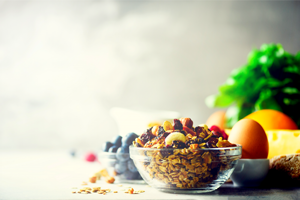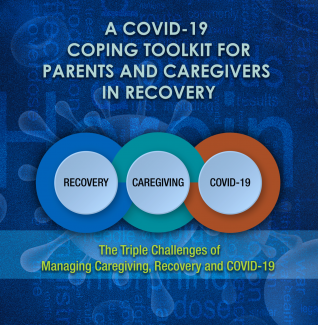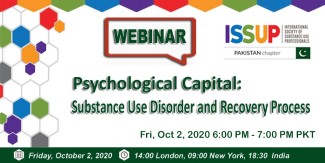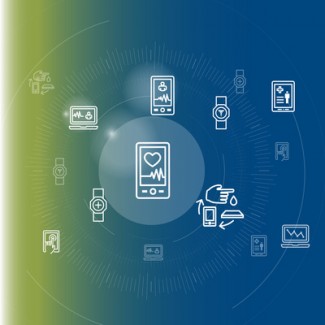Search
Dame Carol Black's Independent Review of drugs part two: prevention, treatment, and recovery
Basics of Pharmacotherapy in SUD Treatment
Mindfulness-Oriented Recovery Enhancement Remediates Hedonic Dysregulation in Opioid Users: Neural and Affective Evidence of Target Engagement
Abstract
Addiction neuroscience models posit that recurrent drug use increases reactivity to drug-related cues and blunts responsiveness to natural rewards, propelling a cycle of hedonic dysregulation that drives addictive behavior. Here...
Natural Recovery by the Liver and Other Organs After Chronic Alcohol Use
ABSTRACT
Chronic, heavy alcohol consumption disrupts normal organ function and causes structural damage in virtually every tissue of the body. Current diagnostic terminology states that a person who drinks alcohol excessively has alcohol...
Using Nutrition to Promote Addiction Recovery
Nutrition in Addiction Recovery: Reading List
A Delphi yarn: applying Indigenous knowledges to enhance the cultural utility of SMART Recovery Australia
Background: Mutual support groups are a popular treatment for substance use and other addictive behaviours. However, little is known about the cultural utility of these programmes for Indigenous peoples.
Methods: A three-round Delphi...
A multi-methods yarn about SMART Recovery: First insights from Australian Aboriginal facilitators and group members
SMART Recovery is a popular mutual support group program. Little is known about its suitability or perceived helpfulness for Indigenous peoples. This study explored the cultural utility of SMART Recovery in an Australian Aboriginal context...
The Role of Nutrition in Addiction Recovery
Recovery Community Centers: Characteristics of New Attendees and Longitudinal Investigation of the Predictors and Effects of Participation
Abstract
Objective
Recovery community centers (RCCs) have expanded across the U.S., serving as social “recovery hubs” that increase recovery capital (e.g., employment, housing) by providing resources that clinical care does not...
A Covid-19 Coping Toolkit for Parents and Caregivers in Recovery
This booklet is intended for a global audience of parents and caregivers who are in all stages of recovery from substance use disorders during the COVID-19 pandemic.
The main feature of this booklet includes seven tip-sheets that offer...
The Talking Route to Recovery. Effectiveness Bank Alcohol Treatment Matrix Row 4
View this message as a web page
Time to consolidate the lessons of row 4 of the Alcohol Treatment Matrix, all about therapies in which human interaction is intended to be the main active ingredient -...
Sex and Gender Effects in Recovery From Alcohol Use Disorder
The current article provides a summary of biopsychosocial gender differences in alcohol use disorder (AUD), then reviews existing literature on gender differences in treatment access, retention, outcomes, and longer-term recovery. Among...
Managing the Talking Route to Recovery. Effectiveness Bank Alcohol Treatment Matrix Cell C4
MANAGING THE TALKING ROUTE TO RECOVERY
Key studies on managing and supervising psychosocial treatments for problem drinking. Starts with an essay from two leading researchers into these treatments, “bravely questioning what it’s all been...
The Talking Route to Recovery. Effectiveness Bank Alcohol Treatment Matrix Cell A4
Every treatment involves human interaction, but this cell is about therapies in which interaction is the intended active ingredient – ‘psychosocial’ therapies, the mainstay of alcohol dependence treatment...
Call for Papers - Drug Recovery in the Philippines: Research, Practices and Governance
Webinar | Psychological Capital: Substance Use Disorder and Recovery process
Telehealth Learning Series for SUD Treatment and Recovery Support Providers
The Addiction Technology Transfer Center (ATTC) Network, the Center for Excellence on Protected Health Information (CoE-PHI), the National Consortium of Telehealth Resource Centers, and the Center for the Application of Substance Abuse...




